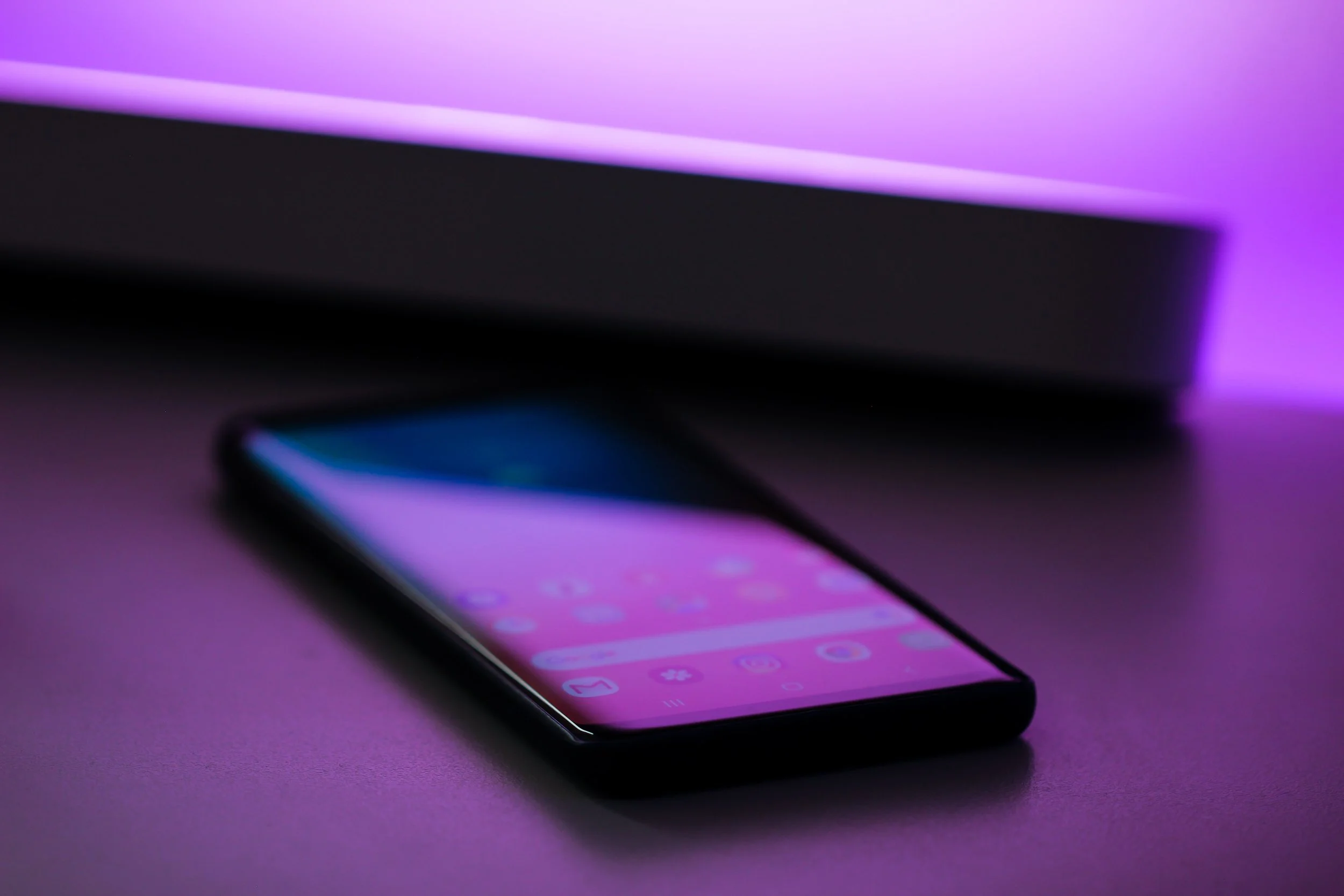Issue 128: Our relationship with smartphones
Welcome to Backstory, a weekly newsletter turning global technology shifts into a three-minute read. This week, we consider new perspectives on smartphones. – Mary Ames, Director of Strategy
THE BIG TAKE
Our relationship with smartphones
How many times have you just wanted to just ignore your phone? Yet, try as you might, you simply can’t get away from the device. We have all had this quintessentially modern crisis because the allure of these little devices is simply too strong. There are beautiful “dumbphone” alternatives, such as Punkt, but most of us depend on our phones to get work done, and these don’t cut it. Instead of bemoaning our collective inability to have a healthier relationship with our phones, let’s start thinking about how these phones have changed our brains and how we think.
Deep changes. As part of its Future series, the BBC published a vital piece about how our phones rewire our brains. The most obvious example is our new ability to multitask. We haven’t evolved to multitask with the sheer amount of information smartphones throw at us. This can trigger a number of challenges because multitasking impairs memory and performance. A clear and dangerous example of this principle in action is using a phone while driving a car. Another example, according to the BBC, is that “simply hearing a notification "ding" made participants of another study perform far worse on a task – almost as badly as participants who were speaking or texting on the phone during the task.”
Be human. One of the best ways to have a healthy relationship with our phones is to be more human. On an intrinsic level, we know when we have been looking at screens for too long or when we simply need to take a walk. Take that walk. The author of the BBC article recommends the wildly simple technique of leaving your phone in another room. There is no need to throw the device out or buy a smartphone; just establish space between yourself and your device. Simple tricks can have a major impact on the quality of our lives. When in doubt, just remember to be human.
QUOTE OF THE WEEK
“The challenge for a human now is to be more interesting to another than his or her smartphone.”
– Alain de Botton, philosopher.
CHART OF THE WEEK
We are looking at the global economy. The World Bank is warning that demographics, war, and pandemic aftereffects are holding back growth.
OUR VIEWS THIS WEEK
Women in the 4IR: The Fourth Industrial Revolution. It’s here and it’s transforming the future of work. The coming transformation of labor could improve the position of women in the workplace. If we start a conversation about the role of gender in 4IR today, we can lay the groundwork for a more equitable future tomorrow. In this piece published by Xische, Mary Ames explores the issues at play. She argues that we must realize the invaluable perspectives women can bring to designing and regulating the future to explore the full potential of 4IR.
No more teachers, no more books? For years, Silicon Valley has been pushing into classrooms around the world. Their promise is better learning, faster communication, and smarter students. But now there’s pushback in the United States, and it’s starting a fresh conversation about the role of educational technology. The digital classroom is not a given. Educators must find the right balance between emotional, intellectual, and technological education. We investigate the status of the classroom of the future in this piece from the Xische archive.
SPOTTED ELSEWHERE
A fresh coat of paint. Sometimes novel ideas can fix problems. A fresh coat of pain can do wonders regarding climate change and easy solutions to keeping things cool without a lot of power. This month, Wired profiles an energy-saving paint that needs no pigments, and it keeps the surface beneath it 30 degrees cooler. We don’t need to reinvent the wheel regarding climate challenges. We just need to think outside the box.
Living in a cold climate. We love the heat. Who doesn’t? New research suggests that living in a colder climate might improve human longevity. Research from the University of Cologne in German finds that moderately cold temperatures increase a person’s longevity and decrease susceptibility to age-related diseases. This is because the cold prevents proteins from clumping together. A possible middle ground for those of us living in a warm climate is ice baths. They might not be for the faint of heart, but the health benefits are unavoidable.















